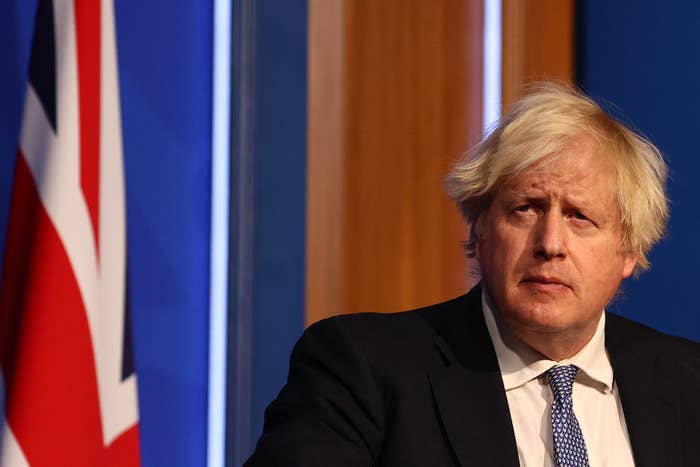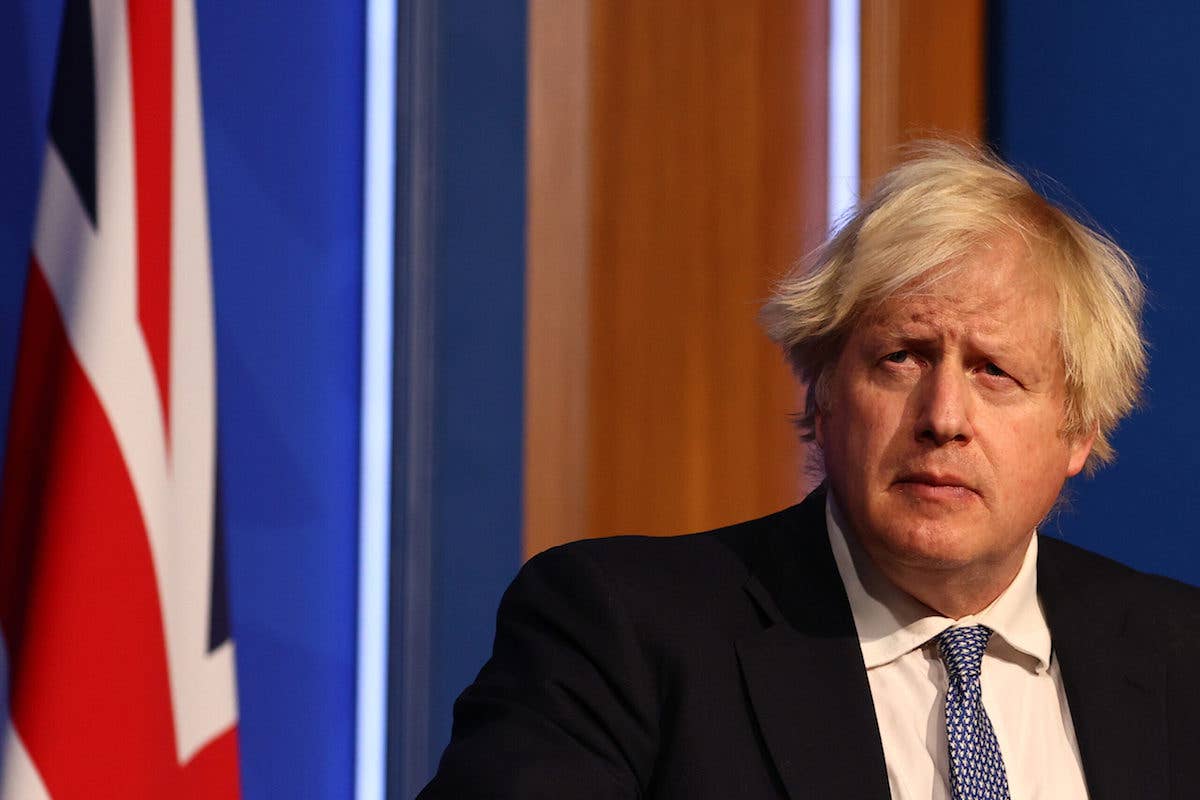
As part of the UK government’s “living with Covid” plan, Prime Minister Boris Johnson has told MPs that the self-isolation rule could be abandoned as early as this month.
As it stands, if you return to the UK from a foreign country and test positive, whether vaccinated or unvaccinated, you must isolate for at least five full days. These restrictions are due to expire on March 24, but that could be brought forward under the new proposal. The PM said he would give more details on the strategy after they return from parliamentary recess, which runs until February 21.
Speaking at Prime Minister’s Questions, Boris said: “It is my intention to return on the first day after the half-term recess to present our strategy for living with Covid. Provided the current encouraging trends in the data continue, it is my expectation that we will be able to end the last domestic restrictions—including the legal requirement to self-isolate if you test positive—a full month early.”
Downing Street has said that if the law is scrapped, it would be replaced simply with guidance that would suggest, rather than mandate, that people should not go to work if they have coronavirus.
However, these changes would only apply to England. The Scottish government’s remaining COVID-19 legislation—enforcing mandatory face coverings and vaccine passports—was expected to expire at the end of February, but these rules have since been extended until September 24.
Urging caution, Matthew Taylor, chief executive of the NHS Confederation, warned that over 40% of current absences among NHS staff were down to the virus and that easing restrictions could put further stress on hospitals.
“The public deserves transparency about what the scientific advice says about self-isolation and, if the legal requirements are removed, for clear communications to be given about it being everyone’s responsibility to behave in ways that won’t inadvertently spread the illness to others,” he said.
He also added that any changes to the rules should be “guided by the evidence, engage the NHS appropriately, and be prepared to review its decision if new threats emerge.”

